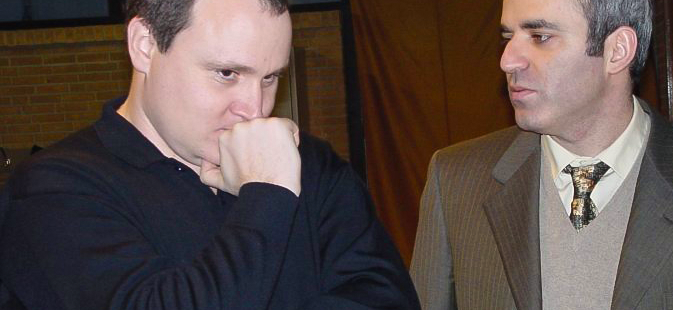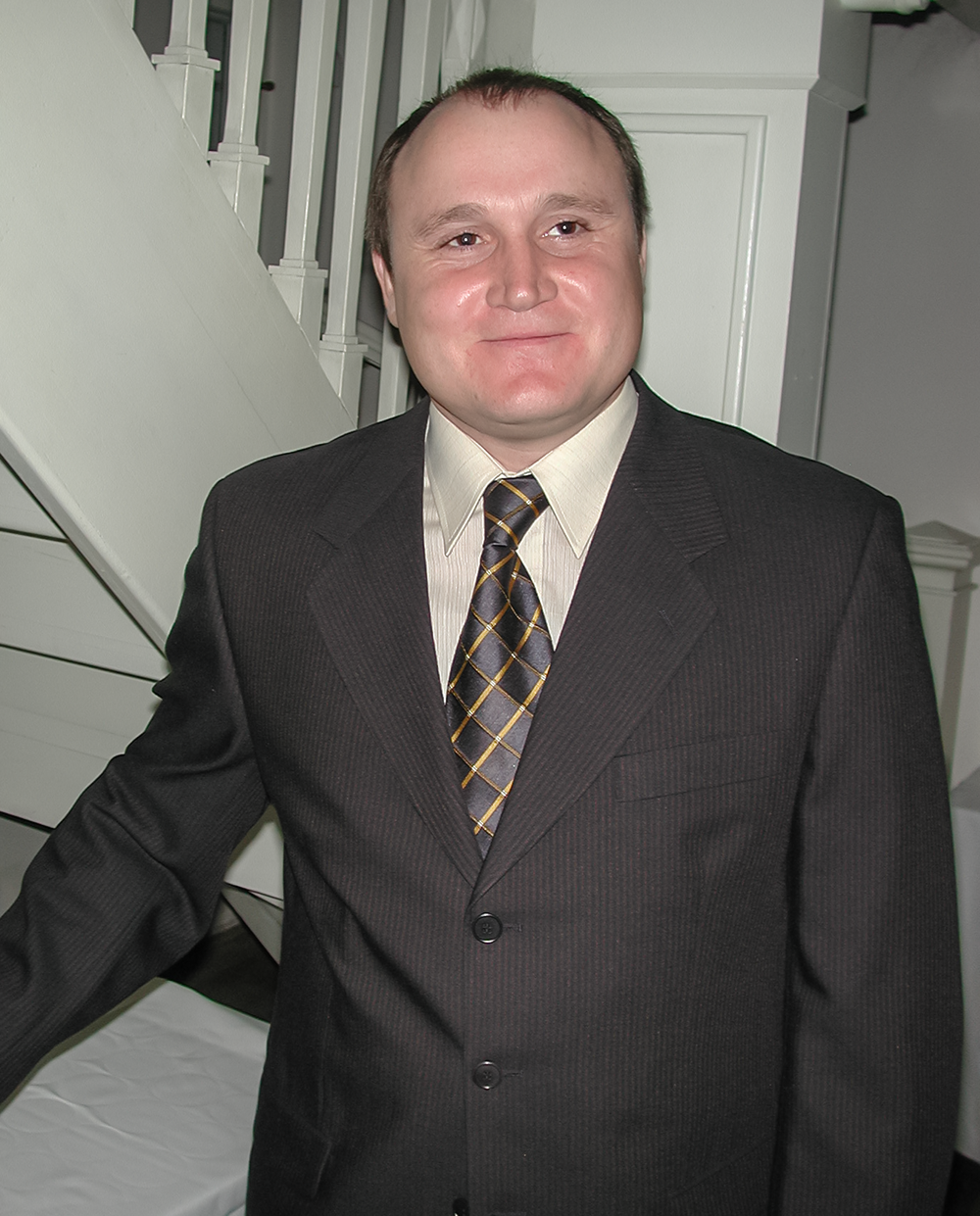

I’ve often said that chess was designed for me, a perfect match. Such luck is rare, but when Yuri Dokhoian became my coach in late 1994, it was lightning striking the second time. His death in Moscow on July 1 was the loss of a dear friend of mine and of chess.
Yuri elevated not only my chess and my results, but the entire field of chess preparation at the highest level. My opponents didn’t only have to contend with me at the board, but with the fabled “Kasparov-Dokhoian Laboratory,” well before elite players relied almost entirely on computer analysis. (Chessbase’s Frederic Friedel even nicknamed Yuri, “5.32,” after the latest version of the Fritz computer engine.)
By 1994, with the Karpov marathon in the past and the world championship match with Short over, I was in need of a new coach. Sergey Makarichev had put in three years, and only Alexander Shakarov remained from the early days. I honestly don’t recall who recommended Yuri to me, but I am in their debt. We had a few sessions at the 1994 Olympiad in Moscow, and I knew he was the one. His character, the quality of his work, his worth ethic, it was all complementary.
Yuri was not only a student of the game itself and a skilled analyst and writer. He was also an astute analyst of the psychology and habits of other players, a skill that often opened fruitful lines of preparation on the board. People often joked that my database of preparation would be worth a fortune to any other elite player when I retired. But it would have been worth more to most of them to sit down with Yuri for a few hours to talk about their strengths and weaknesses, because he knew them all.
I could relate a hundred anecdotes about Yuri’s acumen, but I’ll share an unusual one that comes to mind from 2003, when I played against the Fritz program on an “X3D” video board in New York City. I committed one of the worst blunders of my life to lose game two instantly. It was a simple tactic in a fine position, unimaginable for me to miss. I was shaken, and after the game Yuri put the position on the wooden board in our room and told me to look at it. Suddenly it was clear: it had been a visual blunder, a symptom of playing on a virtual board wearing 3D glasses and not “seeing” the lines of the board the same way.
Being a great coach and second isn’t only a matter of chess, it’s everything from a good sense of humor to enduring long walks in harsh weather. Yuri never complained, despite the tremendous mental and physical demands of his new position. We established routines, patterns I craved from a disciplined life under the guidance of my mother and Botvinnik. Working, walking, eating, talking, it was a true relationship. I spent more time with him than anyone else before my retirement in 2005. Yuri knew when and how to speak to me—and when not to—to put me in the necessary frame of mind depending on the situation. He gave me more than chess preparation; he gave me stability and confidence.
The rest of Yuri’s career further demonstrated the range of his coaching talent. He worked with both Russian national teams and with world championship challenger Sergey Karjakin, showing he could both keep a veteran champion on top and bring a young star to new heights.
Yuri’s death is a tragedy all the more for being so premature, so unwarranted. You may call it inappropriate to say so in an in memoriam, but my grief is clouded by fury at the circumstances of my friend’s death at just 56. When could it be more appropriate to rage at the cruelty of a dictatorship responsible for the needless deaths of hundreds of thousands? The Putin regime isn’t only killing Ukrainians and Syrians, but is currently massacring countless Russians through its mendacity and incompetence.
Each death is an opportunity to consider the promise of the years lost, what might have been achieved, what joys could have been and will never be. Such awareness should move us to learn and to act. As Yuri often told me, even preparation that is never used serves a purpose. Our knowledge shapes us, shapes who we are in every circumstance.
Yuri kept me on the cutting edge until the very last minute of my chess career. It is the quandary of the second that his contributions to theory and analysis will never be fully appreciated, but suffice to say they are immense. I have no insight into what comes after death, but I know that it will find Yuri Dokhoian well prepared.


